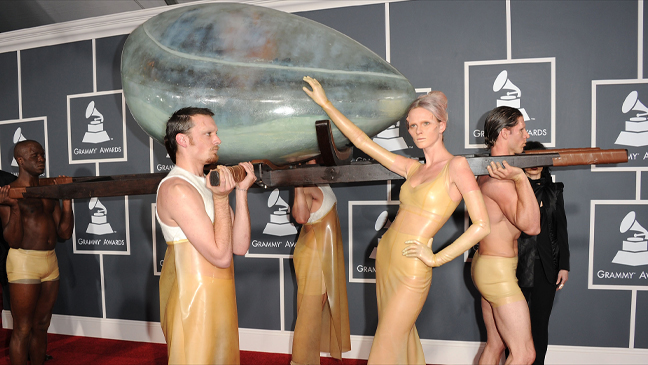As a child I feared rising flood water (drowning).
I feared thief by night, bully by day.
I feared having to stand out in the crowd (wearing bright colors).
For a nail that sticks up will be hammered down.
Fear of being drafted, of being called out in class to recite something in English.
Fear of being compared to other high achievers (relatives or peers).
Vietnamese childhood has been a dread.
Peer and parental pressures would make “Tiger Mom” in America paper Tiger.
French teachers would check my finger nails every day, and neighbors would stare if I put on a new shirt. Later, in seminary and seminars at corporate level, people would ensure conformity (rep ties, Oxford blue .. the Brook Brothers look). Sales trainers role-played down to a firm handshake and advised our teeth-cleaning every three months.
All that, until the pink slip came.
Then I don’t put much weight behind those fear of the unknown. Some people whose life was totally invested in those codes, couldn’t take it e.g. retirees from the CIA were known to die within a few years off-service.
The old Command-and-Control system works well within the confine of those groups (cultic and militaristic).
But our new world, our multi-polar world, is looking for a different kind of leaders or even leaderless organization.
The best thing can happen to a worker is being fired. Then he/she can begin a new narrative and journey.
The mother of all fears is fear of death. Work back from there, and you will be amazed.
In my end, my beginning.
Like it or not, we are armed with an instinct to survive (camouflage, conformity and compromise). We know when to hold, when to fold.
The cavemen reflexes are built-in.
Cavemen or corporate men.
IBM Red-white-and-blue or hairy beardy 60’s. We carry our fears around.
Just use it, as a motivator.
A little more risk here, a toning down there. We will find the ideal mix between self-destruction and self-preservation.
Those who venture nothing gain nothing.
Those who risk it all, got nothing left to show.
But progress demands self-disruption and self-examination.
History is made by those who both advanced and retreated.
The fear business, like the vice business, take up a lot of GNP.
9/11 took that up a few notches: scanning machines and profiling algorithms.
With all the security apparatus in place, we still fear (no large shampoo in carry on).
Fear paralyzes, fun liberates.
Animals spring out to appear larger than they are (to self-preserve).
Butterflies also flap their wings to gain wind leverage and to avoid capture.
Use that which we are endowed with.
Fear motivates but dull not our senses because of fear.
The odd that something bad happens twice at the same place and circumstances is nil. Use our heads. People who got Purple Heart are testimonies to valor and courage, in the face of fear. I still fear of flood, of bullies and of corporal punishment. But they fear me too, if I turned off mine.
Use it.


